Streaming chat
Hopfield provides a simple way to interact with streaming chat models. You can use various API providers with type guarantees with Zod.
Usage
Use streaming chat models from OpenAI with a few lines of code:
ts
tshop from "hopfield";importopenai from "hopfield/openai";importOpenAI from "openai";consthopfield =hop .client (openai ).provider (newOpenAI ());constchat =hopfield .chat ().streaming ();constmessages :hop .inferMessageInput <typeofchat >[] = [{role : "user",content : "What's the coolest way to count to ten?",},];constresponse = awaitchat .get ({messages ,});// store all of the streaming chat chunksconstparts :hop .inferResult <typeofchat >[] = [];for await (constpart ofresponse ) {parts .push (part );// if the streaming delta contains new text contentif (part .choices [0].__type === "content") {// action based on the delta for the streaming message contentawaittakeAction (part .choices [0].delta .content );}}
tshop from "hopfield";importopenai from "hopfield/openai";importOpenAI from "openai";consthopfield =hop .client (openai ).provider (newOpenAI ());constchat =hopfield .chat ().streaming ();constmessages :hop .inferMessageInput <typeofchat >[] = [{role : "user",content : "What's the coolest way to count to ten?",},];constresponse = awaitchat .get ({messages ,});// store all of the streaming chat chunksconstparts :hop .inferResult <typeofchat >[] = [];for await (constpart ofresponse ) {parts .push (part );// if the streaming delta contains new text contentif (part .choices [0].__type === "content") {// action based on the delta for the streaming message contentawaittakeAction (part .choices [0].delta .content );}}
Learn more
See how to use streaming results combined with type-driven prompt templates in the next section.

